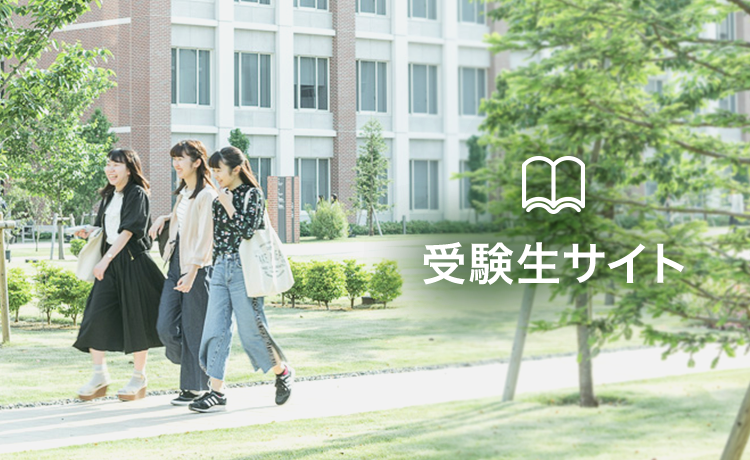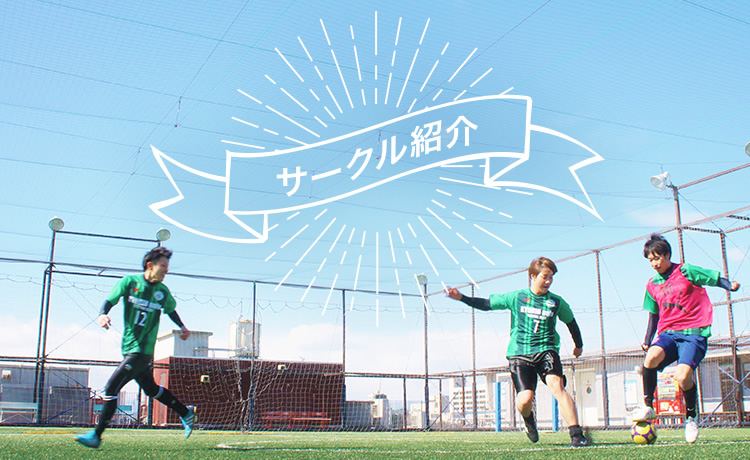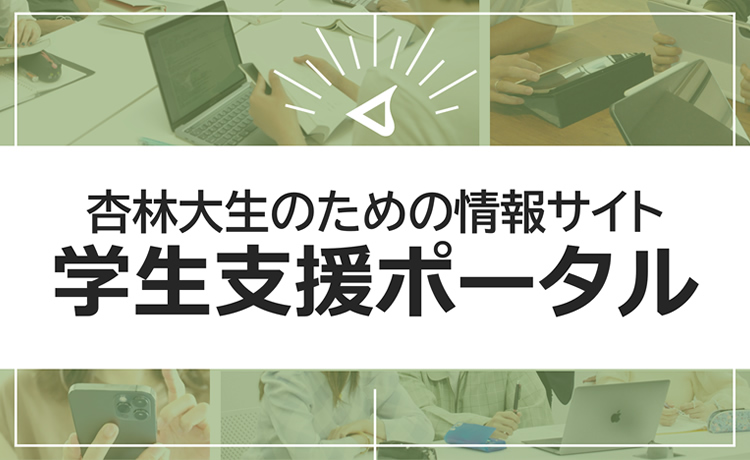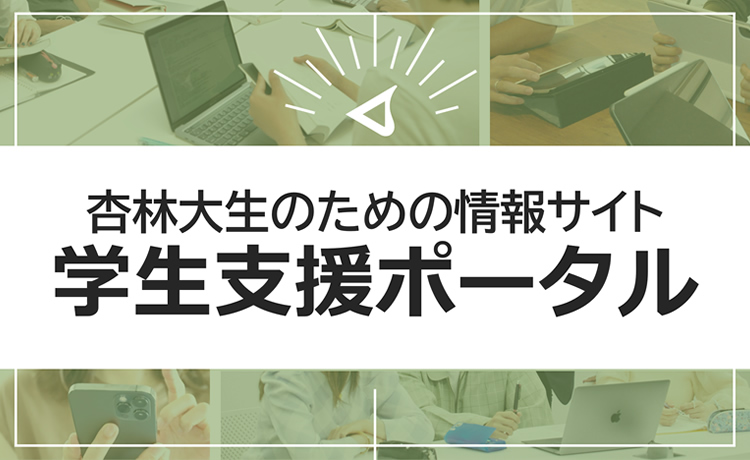Workshop at Rajabhat University’s Demonstration Primary School in Thailand
Between September 7th and September 10th Professors Tsutomu Kitajima and Malcolm Field from the Faculty of Social Science visited Chiang Mai Rajabhat University as part of the ongoing collaboration with Kyorin University. One of the objectives for the visit was to conduct a workshop at Rajabhat University’s Demonstration Primary School. With Dr. Saiyud Moolphate’s collaboration we taught the primary school students how to program their own “health” quizzes using Pyonkee, an iPad adaption of M.I.T.’s Scratch software. Four students from Rajabhat University’s Faculty of Public Health, and Kimiko Nakajyo 3rd grade of Kyorin University’s Faculty of Social Science who is currently studying abroad at Rajabhat University within the framework of the MOU between the two institutions, also assisted us.
Although all of the primary school students had access to their own personal mobile device at home, no student had used tablets in schools or had used them for programming. Our goals were threefold: firstly, to test whether technology, specifically tablets (iPads in our workshop) could be used within the classroom context in Thailand (and even in Japan) as part of the wider curriculum; second, to encourage the primary school students to demonstrate their understanding of “health” (broad parameters for understanding health were adopted) through the development of their own interactive quizzes, which they later presented to as challenges for the teachers; and finally, to initiate further collaboration between Kyorin University and Rajabhat University, and possibly with Ministries of Education support, between the two countries.
The results from this brief workshop were extremely positive. Not only did the students enthusiastically engage with the tasks, but also given the limited prior exposure and time on task throughout the week (other school work also needed to be completed), most created challenging quizzes, leaving some of the teachers “surprised”by their own“incorrect responses” to the student’s questions.
From an educational research perspective, the workshop reinforced previous work undertaken that effective pedagogy is key if any benefits (or otherwise) of using technology in educational settings will be forthcoming; and Pyonkee (or Scratch or similar) can be useful tools to aid teachers to identify whether students understand the learning potentials they want students to comprehend. Current educational practice relies on “tests” as a means to demonstrate knowledge; however, the way tests are used and a dearth of evidence of transfer or behavior change suggest that students may not be deep learning but holding information in working memory until a given task has been accomplished. In collaboration with Chiang Mai Rajabhat University, we believe will be able to contribute to addressing some world-leading cutting-edge questions that are currently being asked in the field of education and policy. Contributing to this body of knowledge could have far reaching ramifications for the professional practice in many disciplines.
2015.9.28




![学納金サイト [在学生・保護者専用]](/assets/images/BlkFeatured_item_tuition.jpg)
